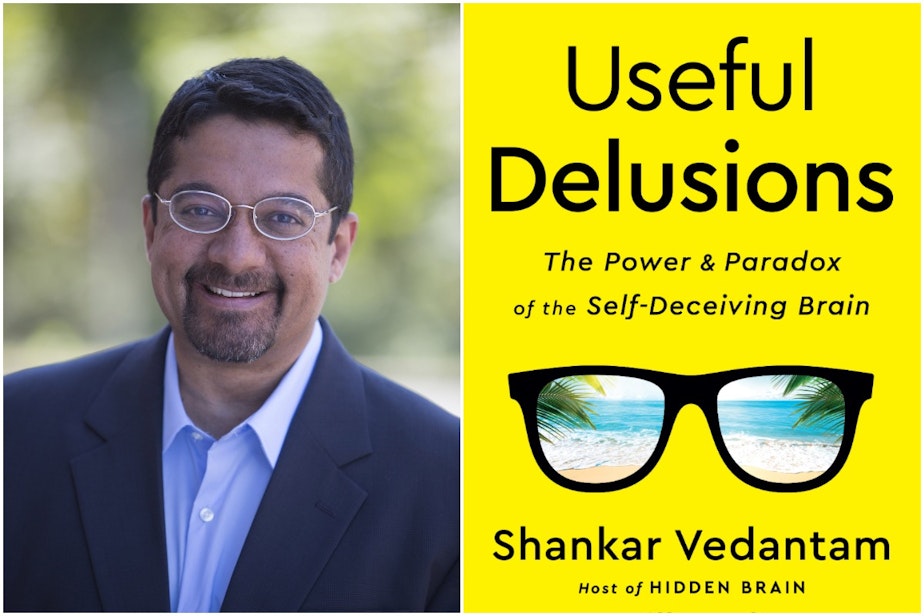The power of self-deception: Why and how our brains deceive us

Brains. Where would we be without them? They control our thinking, speech, feelings, sight, and hearing. They create and store our memories. They control our breathing and make it possible for us to walk without falling down. Our brains are super-handy, and mostly dependable, or are they?
Fans of the public radio program and podcast Hidden Brain have come to value the core concept of the program, that unconscious patterns drive human behavior, for better and worse. Host Shankar Vedantam has made it his life’s work to help a wide audience understand those dynamics.
Vedantam’s new book, co-authored with Bill Mesler, is "Useful Delusions: The Power & Paradox of the Self-Deceiving Brain." The work explores ways in which evolution designed our brain to survive, not to seek the truth, and how the lies we tell ourselves sustain us, and our relationships with other people and the world. As the authors write, our self-deception “enables us to accomplish useful social, psychological, or biological goals.”
This conversation touches on many timely subjects, such as why facts may be unconvincing for many people, and why our best approach to mending divisions and bad behaviors may be inquiry, kindness, and compassion.
Shankar Vedantam is an author, science correspondent, and the host of Hidden Brain. He was interviewed by KUOW’s Ross Reynolds on April 13, 2021. Town Hall Seattle presented their conversation.




